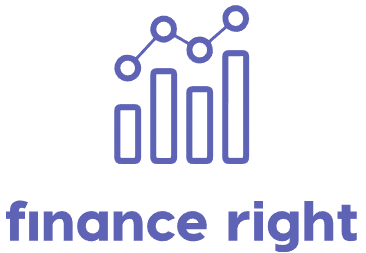Choosing a reliable financial advisor is a critical decision that can profoundly impact your financial well-being, investment success, and long-term financial goals. With countless options available, selecting the right financial advisor requires careful consideration, due diligence, and an understanding of the criteria that distinguish trustworthy professionals from the rest. Let’s explore key factors to consider when choosing a reliable financial advisor to guide you on your financial journey.
- Qualifications and Credentials:A reliable financial advisor should possess appropriate qualifications, certifications, and credentials that demonstrate their expertise, knowledge, and competency in financial planning and investment management. Look for advisors who hold reputable designations such as Certified Financial Planner (CFP), Chartered Financial Analyst (CFA), or Chartered Financial Consultant (ChFC), which require rigorous education, experience, and ethical standards.
- Fiduciary Duty and Ethics:Choose a financial advisor who adheres to a fiduciary standard of care, which means they are legally and ethically obligated to act in your best interests at all times and prioritize your financial well-being above their own. Fiduciary advisors are held to the highest ethical standards and must disclose any conflicts of interest, fees, or incentives that may influence their recommendations. Avoid advisors who operate under a suitability standard, as they may recommend products or strategies that benefit them financially rather than serving your best interests.
- Experience and Track Record:Consider the experience and track record of the financial advisor, including their years of practice, areas of specialization, and track record of success in helping clients achieve their financial goals. Ask about the advisor’s investment philosophy, approach to financial planning, and past performance in managing portfolios similar to yours. Request references or client testimonials to gauge the advisor’s reputation, client satisfaction, and trustworthiness.
- Transparent Fee Structure:Transparency is key when it comes to understanding how your financial advisor is compensated and ensuring that their fees are reasonable and aligned with the value of services provided. Choose an advisor who operates on a fee-only or fee-based compensation model, where fees are fully disclosed, transparent, and based on a percentage of assets under management (AUM), hourly rates, or fixed fees for specific services. Avoid advisors who earn commissions or receive kickbacks from recommending certain products or investments, as this may create conflicts of interest and compromise the objectivity of their advice.
- Comprehensive Services and Customized Solutions:Look for a financial advisor who offers comprehensive financial planning services tailored to your unique needs, goals, and priorities. A reliable advisor should take a holistic approach to financial planning, addressing key areas such as retirement planning, investment management, tax planning, estate planning, risk management, and education funding. Choose an advisor who takes the time to understand your financial situation, risk tolerance, and objectives and develops a personalized financial plan that aligns with your values and aspirations.
- Clear Communication and Accessibility:Effective communication is essential for a successful advisor-client relationship, so choose an advisor who communicates clearly, transparently, and regularly about your financial matters. Look for advisors who take the time to educate and empower you to make informed decisions, explain complex financial concepts in plain language, and provide ongoing updates and reviews of your financial plan and investment portfolio. Ensure that the advisor is accessible and responsive to your questions, concerns, and needs, and that you feel comfortable discussing sensitive financial topics openly and honestly.
- Compatibility and Trust:Ultimately, trust and compatibility are paramount when choosing a financial advisor, as you’ll be entrusting them with your financial future and relying on their guidance for years to come. Take the time to meet with prospective advisors in person or virtually, ask probing questions, and assess their professionalism, integrity, and rapport. Trust your instincts and choose an advisor whom you feel comfortable with, confident in, and who shares your values, goals, and vision for the future.

In conclusion, choosing a reliable financial advisor is a significant decision that requires careful consideration of qualifications, fiduciary duty, experience, fees, services, communication, and trust. By evaluating advisors based on these criteria and conducting thorough due diligence, you can select a trusted financial guide who will partner with you to achieve your financial goals, navigate life’s financial complexities, and secure a brighter financial future for you and your loved ones. Remember that the right financial advisor can make a profound difference in your financial journey, providing guidance, support, and peace of mind every step of the way.





